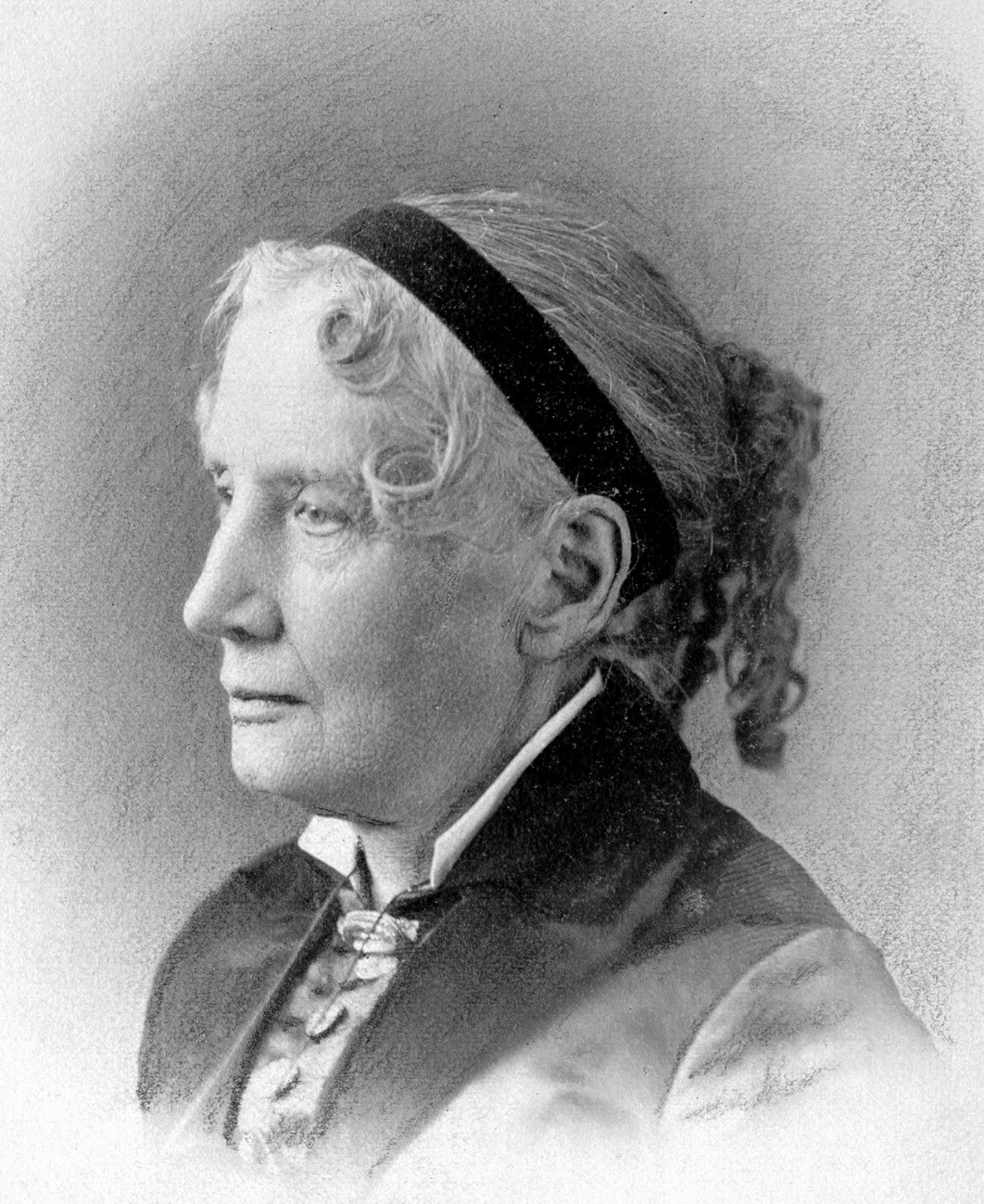If cultural appropriation had existed in 1852, blacks might still be slaves
Black Progressives who decry cultural appropriation might want to remember that a white woman’s empathetic rendering of slavery helped spark the Civil War. The Los Angeles Review of Books published an anguished rumination from Arthur Krystal (a white, Jewish guy), wondering if cultural appropriation ever has merit or if it
Continue reading
